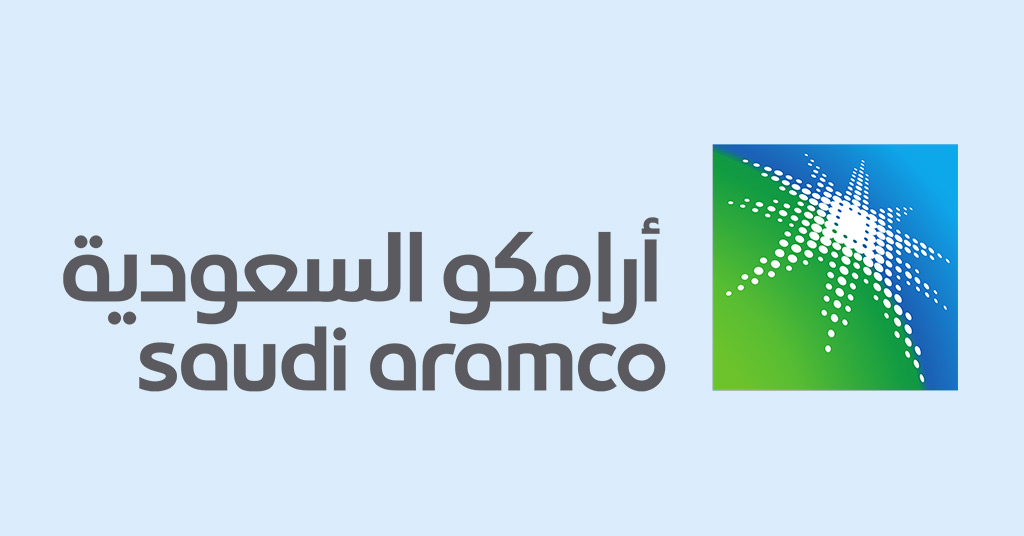Welcome To ChemAnalyst

Saudi Aramco faces a challenging dilemma as it strives to strike a delicate balance between maintaining market share and curbing output to boost oil prices. The latest move by the world's largest oil exporter involves a significant cut in the official selling prices (OSPs) of its crude for Asian customers, shedding light on the complexity of navigating this fine line.
On Sunday, Saudi Aramco announced a $2 per barrel reduction in the OSPs of its crude grades for February-loading cargoes destined for Asian refiners, compared to the prices set for January. This adjustment brings the OSP for Aramco's benchmark Arab Light grade to a premium of $1.50 per barrel to the Oman/Dubai average for February, down from the $3.50 premium in January. This move marks the most substantial cut in OSPs in 13 months.
The decision is likely a response to the growing demand from Asian refiners, who are the primary consumers of Aramco's exports. These refiners have been urging Saudi Arabia to offer more competitive prices, not only against other Middle East suppliers but also in comparison to oil from the Americas and Africa. The key question now revolves around whether the lowered OSPs will be sufficient to entice refiners to take full contracted volumes from Aramco or even increase their allocations.
Despite the price reduction, Saudi crude may still face challenges in terms of competitiveness for Asian refiners compared to similar grades offered by other exporters. The pricing mechanism for Saudi crude in Asia is tied to the Oman/Dubai average, which comprises the two regional benchmarks. African crudes, for instance, could prove to be more appealing for Asian refiners, even if the shipping costs are slightly higher due to the longer sea voyage.
Aramco's second-largest export grade, Arab Extra Light, competes with lighter crudes such as Brent and West Texas Intermediate (WTI). For February-loading cargoes, the OSP for Arab Extra Light has been set at a premium of $1.55 per barrel to the Oman/Dubai average. However, the current market dynamics show that both WTI and Brent are more competitively priced for Asian refiners compared to Aramco's Arab Extra Light grade, with WTI futures closing at $70.77 a barrel and Brent contracts finishing at $76.12.
It's crucial to note that price alone does not dictate Aramco's export decisions. The reliability and long-term track record of the Saudi giant as a supplier play a significant role in the equation. The majority of Aramco's crude is sold under term contracts, providing flexibility for both parties regarding the volumes supplied or sought. This flexibility allows importing countries in Asia, as demonstrated by China's recent imports, to adjust the volumes they procure from Aramco based on market conditions and other factors.
In essence, Saudi Aramco's recent decision to cut OSPs for Asian customers reflects the intricate dance the company must perform to satisfy market demands, compete with other suppliers, and maintain its reputation as a reliable, long-term oil provider. The oil industry will continue to closely monitor how these adjustments impact the dynamics of crude oil pricing and market share in the months to come.
We use cookies to deliver the best possible experience on our website. To learn more, visit our Privacy Policy. By continuing to use this site or by closing this box, you consent to our use of cookies. More info.
